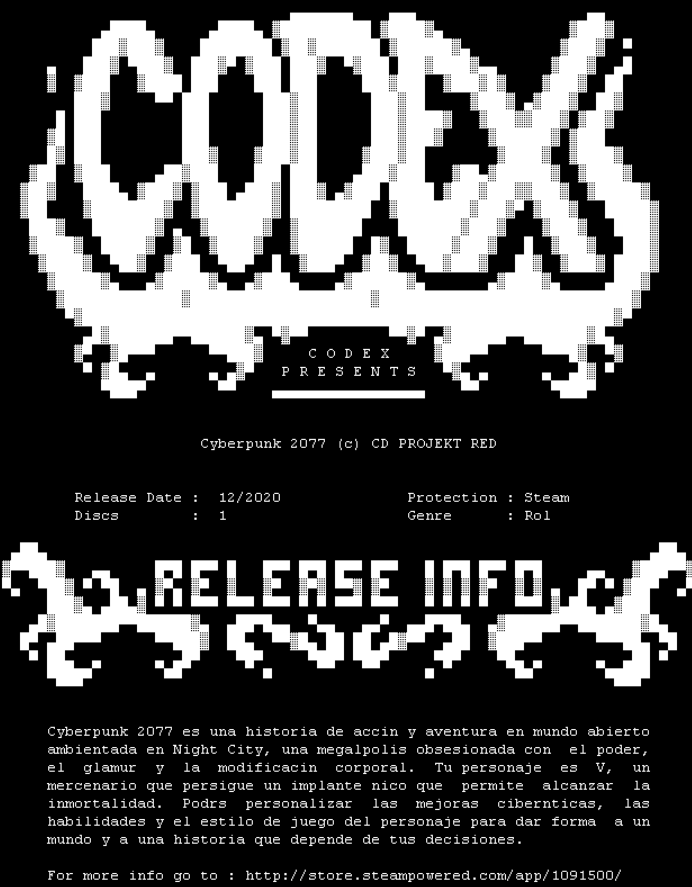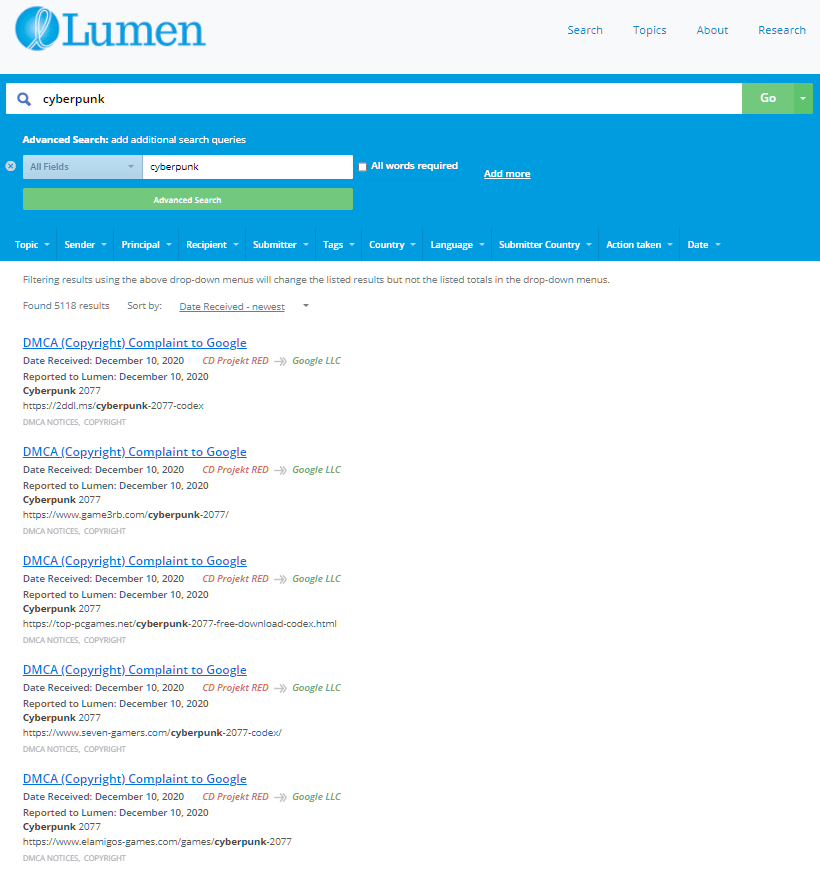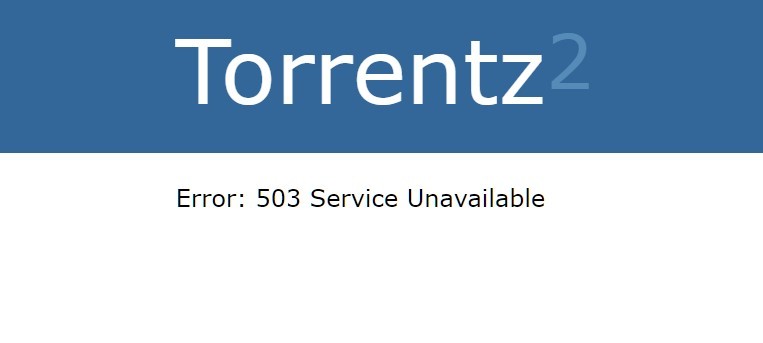-
chevron_right
RIAA: Twitter Does Nothing to Stop the Industrial Scale Piracy on Its Service
Ernesto Van der Sar • news.movim.eu / TorrentFreak • 16 December, 2020 • 4 minutes
 The US Senate’s Judiciary Subcommittee on Intellectual Property is looking for better ways to tackle the ever-present threat of online piracy.
The US Senate’s Judiciary Subcommittee on Intellectual Property is looking for better ways to tackle the ever-present threat of online piracy.
Specifically, it’s working with various stakeholders to see if the DMCA can be improved to better suit today’s online environment.
During a hearing yesterday , Senators received input from various stakeholders on the role of voluntary agreements and existing anti-piracy technologies. YouTube, for example, explained its Content-ID system and Facebook showed how its Rights Manager tool helps copyright holders.
Twitter Refused to Attend
Twitter was also invited to testify but the company refused to attend . This frustrated lawmakers, including Senator Thom Tillis, who repeatedly asked Twitter to join the discussion. When that didn’t happen Tillis sent a series of written questions, but the “non-answers” the company sent back only appear to have made things worse.
The lawmakers are not alone in their critique of Twitter. As expected, they were fully supported by the RIAA, which was present to represent the music industry. RIAA chairman and CEO Mitch Glazier specifically mentioned the social media platform in his opening statement.
Glazier argued that the current takedown system is highly ineffective and he used Twitter as an example. Over the past year, the RIAA has tried to keep a single music track off Twitter, but despite thousands of notices, it kept reappearing.
“As a result, over a 10-month period, RIAA had to send notices for nearly 9,000 infringements of that same track – let me repeat that. We had to send 9,000 notices over a 10-month period for the same exact track. Unfortunately, we must do this all the time for hundreds of tracks on many different services,” Glazier said.
Hiding Behind the Safe Harbor
The RIAA would like Twitter and other platforms to keep infringing files offline indefinitely. A so-called takedown and staydown policy. In addition, copyright holders should be allowed to effectively monitor and report infringements. However, companies such as Twitter prefer to do very little and hide behind their safe harbor protection, Glazier said.
“They could solve the piracy problem voluntarily tomorrow if they had the will and incentive to do so. Unfortunately, the DMCA safe harbors have been interpreted to apply so broadly that platforms do not have the business incentive to participate in a balanced system.”

The Twitter-bashing continued during the questioning round. Senator Mazie Hirono stressed that Twitter hasn’t shown to be a “willing partner” for copyright holders and asked Glazier to elaborate.
RIAA’s CEO gladly complied and said that the music industry has sent more than three million notices to Twitter over the past two years, identifying 20,000 works. That’s an average of 150 notices per track, and things aren’t improving.
Industrial Scale Piracy
“This is piracy on an industrial massive scale. This is not some small problem,” Glazier said. “Unlike Facebook and YouTube, they have done nothing to at least try to build tools, or to help prevent what is by its nature a viral system where piracy can spread literally in microseconds.”
The takedown efforts are complicated because the RIAA and its members don’t have an effective system to search Twitter for copyright infringements. The social media platform is willing to offer this, but not for free.
“They really don’t offer us the ability to search their universe for infringements. We have asked for it many many times and they want to charge us,” Glazier said.
“And then when we send them notices it can take anywhere between four hours and four days to take one thing down while we’ve got millions of pieces spreading at the same time. It’s a huge problem,” he adds.
Twitter was not the only company to be called out. Senator Mazie Hirono also asked RIAA’s CEO about the role of domain name registrars, which offer services to pirate sites. Again, Glazier said that this is a huge problem.
Domain Registrars Protect Pirates
“Domain name registrars and their role in allowing piracy to happen through their systems is a huge problem. Very few domain name registrars are doing very little. Both at the registrar and at the registry level.”
Glazier notes that there are voluntary agreements with a select group of domain registrars. However, most simply do nothing. They simply keep pirate domains online. And when copyright holders ask them to help identify bad actors, they refuse to cooperate.
“When we go to them and say: ‘help us to find the pirates’ so we can go against them directly, they won’t give the name of the pirate. They hide their identity and help them become anonymous and they say that it’s because of privacy laws. That they need to protect the criminals. Which is ridiculous.”
“Privacy laws are meant to protect consumers, they are not meant to protect criminals,” Glazier adds.
If Not Voluntary, Then…
The RIAA would like the law to make it clear that intermediaries, including domain registrars and registries, have to do more. The same is true for services that host content. The current takedown process simply doesn’t cut it, it’s a sham.
While the hearing was supposed to be about voluntary and private agreements to help fight piracy, the threat of stricter regulation may be needed.
The RIAA applauded the work of Facebook and YouTube but, reading between the lines, Glazier suggests that Twitter and other companies may need a bigger push from lawmakers to come to the table.
From: TF , for the latest news on copyright battles, piracy and more.



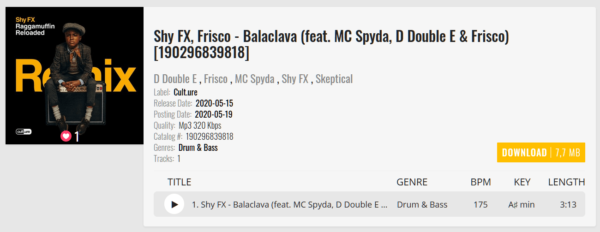


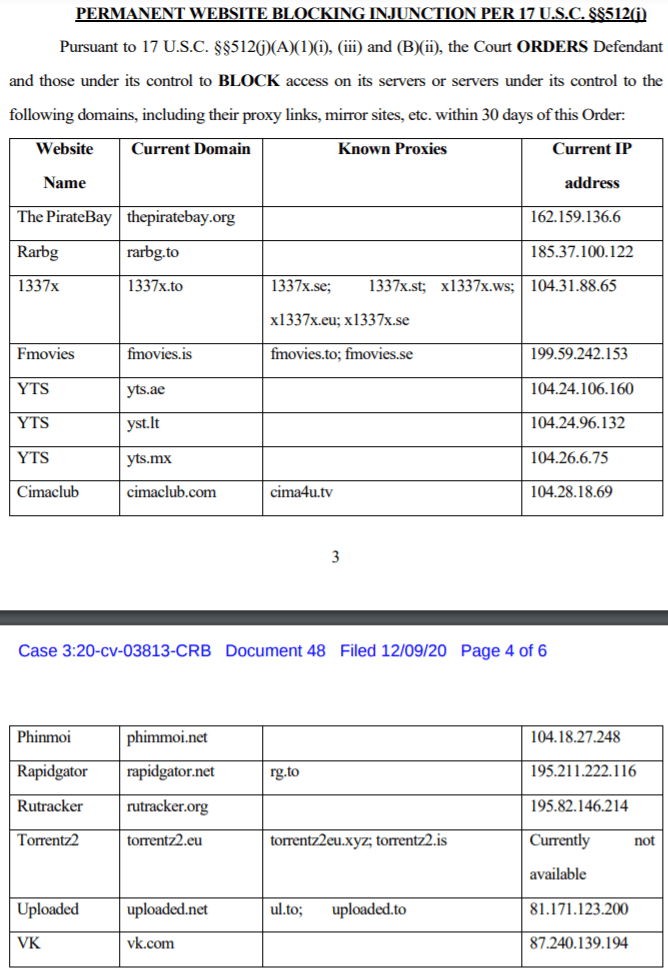
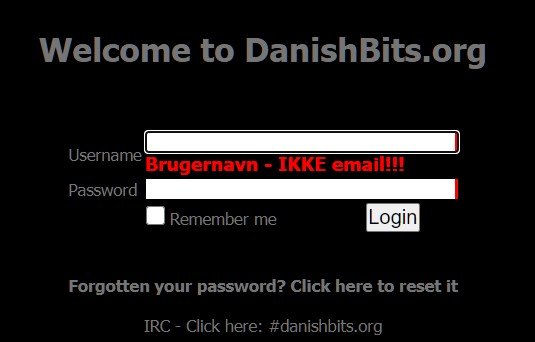 Private BitTorrent trackers are niche sites in most parts of the world but in Denmark they are huge.
Private BitTorrent trackers are niche sites in most parts of the world but in Denmark they are huge.
 Under U.S. law, streaming and file-sharing are seen as two different offenses. Not just from a technical point of view, but also in the way they are punished.
Under U.S. law, streaming and file-sharing are seen as two different offenses. Not just from a technical point of view, but also in the way they are punished.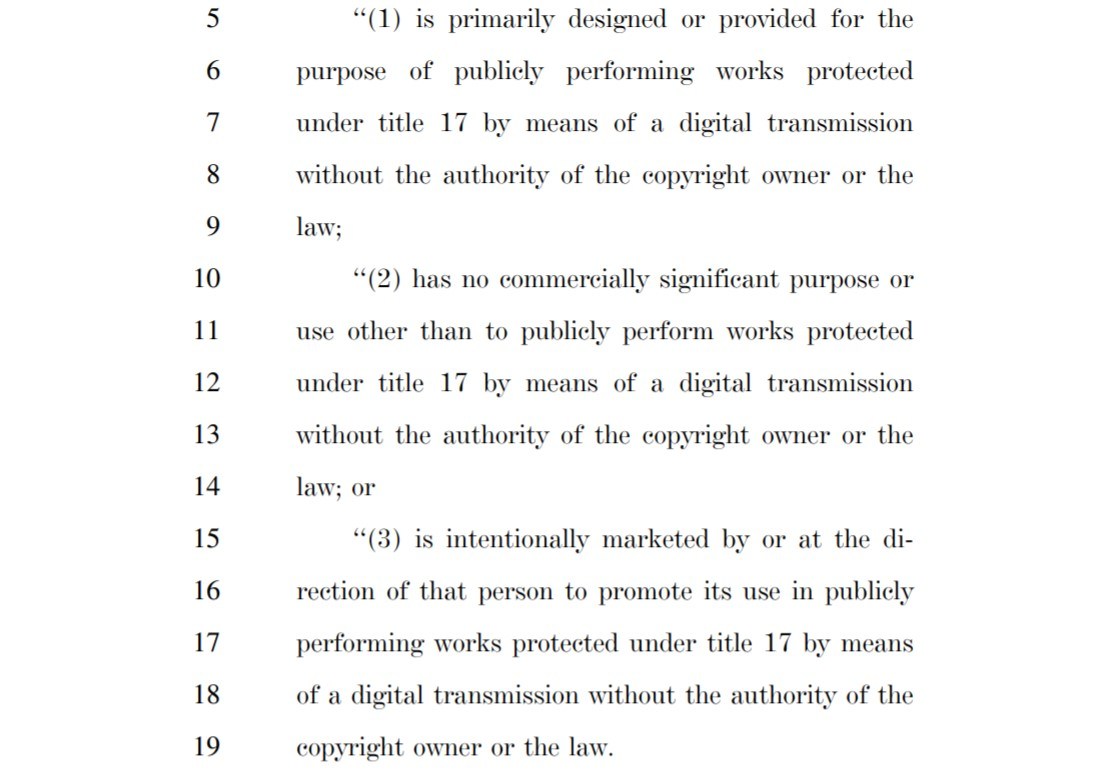
 Without prior warning, Torrentz2 suddenly started to return a ‘
Without prior warning, Torrentz2 suddenly started to return a ‘ 

